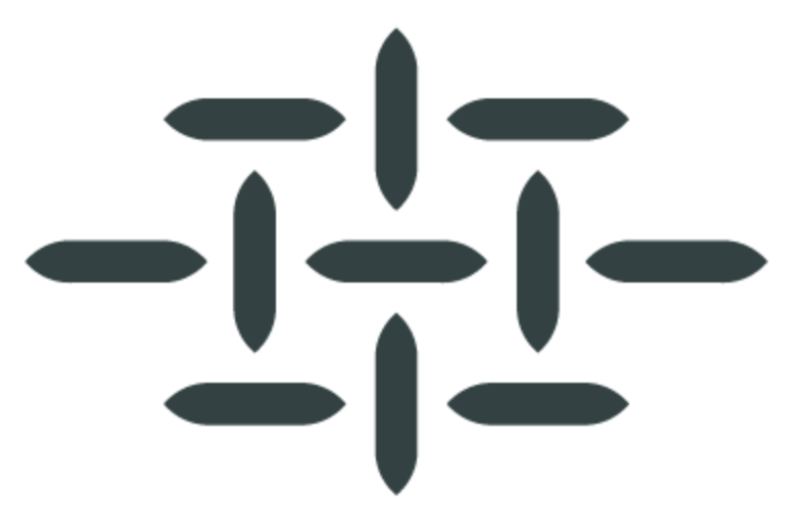In the marshy lands and riverbeds of Uganda, artisans at Mabira Collective harvest and hollow out ensigo seeds to create beaded jewelry worn traditionally across East Africa.

Artisan at Mabira Holding Lucky Seeds
“We call them lucky seeds,” artisans at Mabira would explain. Strung by hand in a small community workshop in Lugazi, Uganda, these beaded bracelets are believed to bring good luck to those who wear them.
But their luck does not stop there.

Lucky Beads being Strung at the Mabira Workshop
Like the recipients of these bracelets, Mabira artisans cannot help but feel lucky for the ways these bracelets have provided an avenue for financial stability.
One such artisan is Monica, who began working at Mabira ten years ago.

Monica, an artisan at Mabira
Prior to being employed as an artisan, Monica struggled to make ends meet and often feared that she would not have enough money to cover rent for the month. As a mother to five children, this economic insecurity was crippling.
“I was earning little money that was not sufficient for me to cover necessary bills,” Monica explained, “I always had challenges with my landlords because of late payments for rent and my children would always start school late because I could not pay their school fees on time.”
At Mabira, Monica is not only earning more money, she also has the flexibility and support needed to be truly present for her family. When her daughter became critically ill, the Mabira team brought her everything she needed to fulfill her orders at home. “With my earnings at Mabira, I am now able to pay house rent, and meet the necessities for my children like medicating, feeding, and clothing them.”

A Stack of Lucky Seed Bracelets
As lucky as these bracelets might appear, the truth is: creating equitable working spaces that provide fair pay and just opportunities takes conscious work, both on the part of the artisans and the companies that source from them.
The financial liberty experienced by Mabira artisans is a direct result of ethical sourcing. Meaning, the “luck” is created by you.








